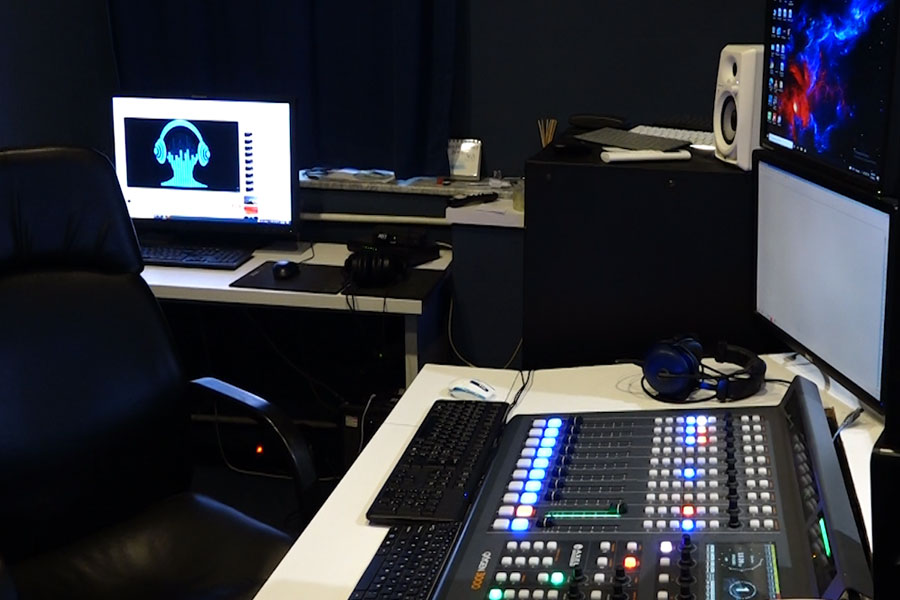Local radios in Kosovo face financial difficulties that make it impossible for them to keep up with the times in terms of technical-technological equipment. The work in this aspect has been made even more difficult by the COVID-19 pandemic. On International Radio Day, local radio executives in the country also raise their voices about low pay and the low interest of young people in working in radio.
The director of Radio Gjakova, Skënder Gola, told KosovaPress that local radios continue to have financial problems, especially after the pandemic, since some of them are self-financed.
According to him, Radio Gjakova, which has over four decades of work, tries to succeed for the sake of the listeners to whom it has remained faithful from the first day of work.
“As for the difficulties, especially those of recent years, are very evident, to this has been added another burden, which is the pandemic, because the vast majority of radios are self-financed. The main sources of income are from marketing. In recent years, we have clearly felt the lack of young people to be part of the radio”, said Gola.
That the radios have felt more than anyone the pandemic that significantly reduced their revenues, this is confirmed by another local radio in Gjilan.
The editor of Radio Gjilan, Nijazi Selimi told KosovaPress that before the pandemic the media were a little better.
“In financial terms, the survival of local radios is very difficult. It is also a medium that is funded by the municipality, has a tender, but others unfortunately have difficulties. Before the pandemic we were a little bit better, and now for two years the media are in a very bad situation”, said Selimi.
Another issue of concern is the very low salaries of local radio employees. This has led to a lack of interest from young people to get involved in this media.
The editor-in-chief of the local radio in Peja, Radio 1, Fitim Behluli said that radio remains one of the most beloved media, but unfortunately there is very little interest from young people to join this medium.
“It is unfortunate that the generation that is listening to the radio is getting older along with the people who love and work in radio, and unfortunately in these times there is very little interest of young people to join the radio… Another bad luck is that they are not paid well, it is a selfless work”, said Behluli.
The Professor of journalism at the University of Prishtina, Alban Zeneli, said that radios have been transformed since they were invented, adapting to technological changes.
In addition to other difficulties related to finances, Zeneli says that for classical radio it has become more difficult to remain in the market, as social networks, internet, telephones have become more important.
“Radios have been transformed since they were invented, always adapting to technological changes, but today with the use of social networks and mobile phones, it is difficult for classic radio to remain in the market”, said Zeneli.
UNESCO has declared February 13 as International Radio Day to promote radio as a medium and all the opportunities it offers. February 13 was chosen because on this date, in 1946, United Nations Radio had broadcast its first program.


